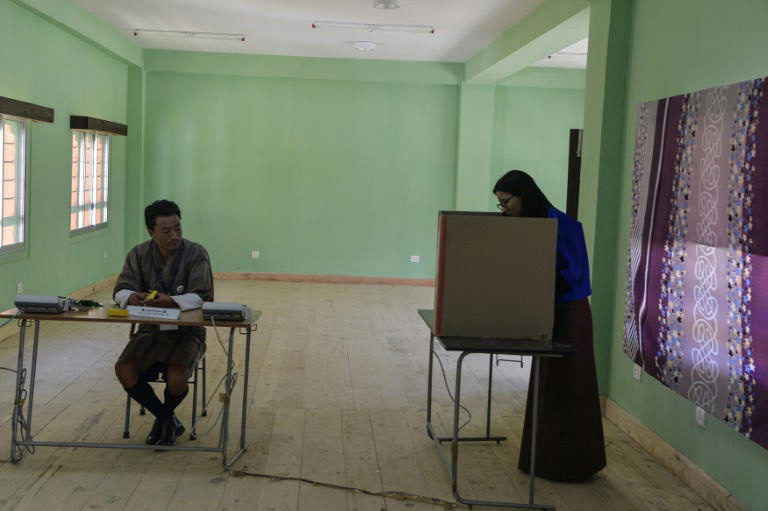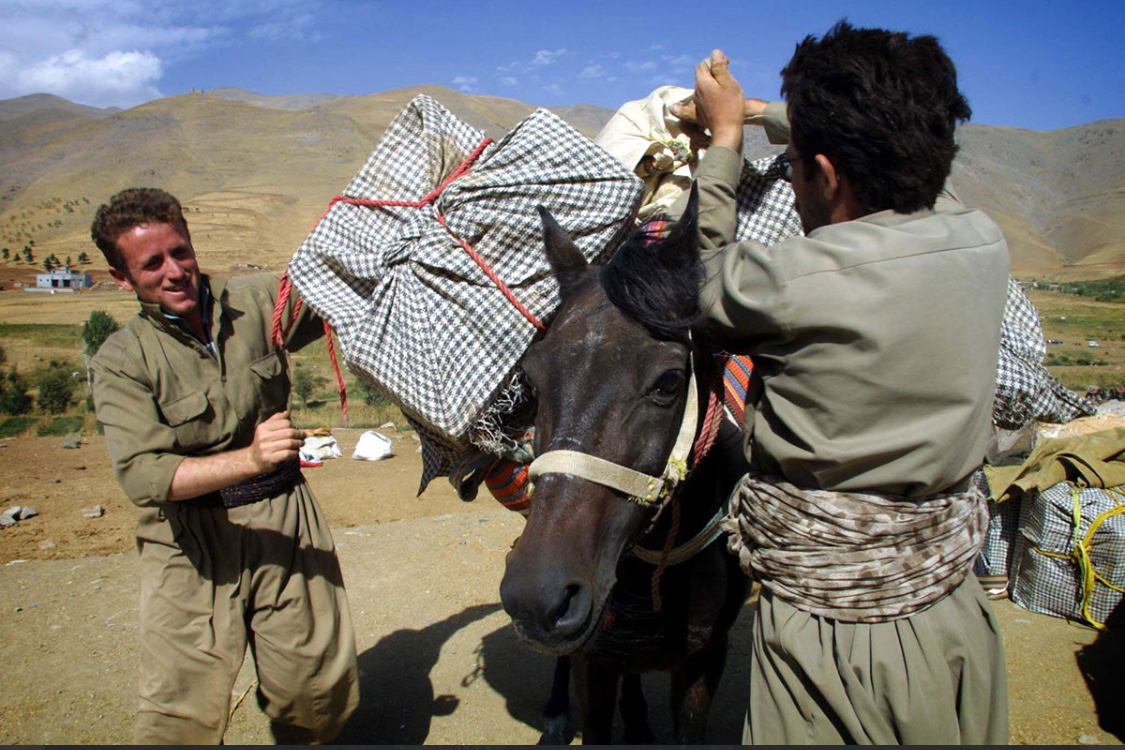Links
Men, please stop harassing women at work (even if it's a bot)
Hot on the heels of the revelation that people are using LinkedIn for dating, it seems that just sounding vaguely female is enough to get you harassed:
…I have an email “Personal Assistant” bot that does this for me. It has a female name (which was the default), and does not announce that it is a bot (though I don’t think it’s hard to tell). It gives a standard salutation and signs off with “Thank you, (bot name).” All it does is schedule meetings, and it’s not nearly to the level of an AI chat bot or anything. Any parts of an email that it receives that don’t seem related to scheduling just get ignored by the program. The emails show up in my inbox and I review them to make sure everything got added to my calendar correctly.
However, this complete lack of personal-type interaction has not stopped several of the men (not usually the actual owners of the client businesses) it is scheduling appointments with from asking it out on dates.
Men are hitting on my scheduling bot because it has a woman’s name - Ask A Manager
How is any of this okay in 2024?
We can't afford our car fixation
Interesting article to see from an Australian business reporter:
Not only does it cost Australians more to feed fuel-thirsty cars such as SUVs and utes, but it comes at a notable cost to the environment, drivers of smaller cars and pedestrians. Both pedestrians and those driving smaller cars are more likely to suffer serious and fatal injuries when they’re involved in a collision with a heavier vehicle.
And an important point to note about the politics underpinning car-fixated policy:
But several things to note here. Firstly, the majority of new car buyers are Baby Boomers who are more likely to have paid off their mortgage and are generally less sensitive to – if not benefiting from – rising interest rates. They may be less sensitive to price increases.
The costly car choice we need to rethink - Sydney Morning Herald
Significant challenges facing Bhutan in the run-up to the national election, only the fourth since it became a democracy in 2008
The picturesque Himalayan kingdom of Bhutan holds general elections on Tuesday with serious economic challenges calling into question its longstanding policy of prioritising “Gross National Happiness” over growth.
Both parties contesting the vote are committed to a constitutionally enshrined philosophy of a government that measures its success by the “happiness and well-being of the people”.
Bhutan to vote as economic strife hits ‘national happiness’ - RTL

"The cranky uncle is a universal human experience"
I’ve been fortunate to meet John Cook to discuss this work in the past. The crackpot relative is a great framing device, and interesting that it’s so universal:
“Everyone has a variation of that cranky uncle,” Cook says. “But climate misinformation is a very western construct and now we are going into countries that are culturally quite different.
“But we’re finding that the cranky uncle is a universal human experience.”

“If you look over the past couple of years, we’ve seen this continuing evolution of escalating extortion tactics,” Rubin said. “If you go back in time, it was just encryption.”
After injecting cancer hospital with ransomware, crims threaten to swat patients - The Register via @glynmoody@mastodon.social
How to Kill a Decentralised Network (such as the Fediverse)
By competing against Meta in the brainless growth-at-all-cost ideology, we are certain to lose. They are the master of that game. They are trying to bring everyone in their field, to make people compete against them using the weapons they are selling.
Fediverse can only win by keeping its ground, by speaking about freedom, morals, ethics, values. By starting open, non-commercial and non-spied discussions. By acknowledging that the goal is not to win. Not to embrace. The goal is to stay a tool. A tool dedicated to offer a place of freedom for connected human beings. Something that no commercial entity will ever offer.
How to Kill a Decentralised Network (such as the Fediverse) - Ploum
Smoke and Mirrors: How the “Father” of Iraq’s Cigarette Smugglers Built An Empire
Nasri, from Iraq’s Assyrian Christian minority, has come to be known as the “father” of Iraqi counterfeit cigarettes. Starting in the late 1980s, he built alliances with powerful political figures and monopolized the smuggling of black-market tobacco into Iraq before constructing a network of facilities to produce his own knock-off brands.
From last year, and an amazing story.
Smoke and Mirrors: How the “Father” of Iraq’s Cigarette Smugglers Built An Empire - OCCRP

Beyond Sharpness: The Overdone Art of BluRay Upscaling
The transfer of True Lies has a truly vile quality to it, a feeling like someone clandestinely dosed you with LSD just a hair below the threshold. At times it can look passable in motion, but then you notice something out of the corner of your eye: a thick fold of skin, a framed photo of a child, folders that are too thick at the margins, cheeks that look rendered. It’s that familiar dread at the pit of your gut when you spot AI generated imagery, a combination of edges not looking quite right and surfaces that are simultaneously too smooth and too sharp. A crime was committed here, and you can tell.
Dreck of the Irish: The far right is gaining ground
Like most fascisms, the Irish variety is bizarre, syncretic, and somewhat comic. This is part of the reason that so many have struggled to take it seriously, despite the manifest harm done to people in its firing line. Contemporary far-right groups are historically rooted in the anti-abortion networks that have existed in the country since at least the 1980s. The most prominent of these groups is Youth Defence, a vicious outfit with links to not one but several European neo-Nazi parties, and the former employer of current National Party leader Justin Barrett. Having been roundly defeated in their quest to keep abortion illegal—Ireland’s Eighth Amendment was overturned in 2018—these dubious institutions and their coterie of well-funded militants have turned to organizing full-time against immigration and queer people instead.
Dreck of the Irish: The far right is gaining ground - The Baffler
Grassroots UK vaping groups are tobacco stooges, shocking nobody
However, while it presents itself as the voice of ordinary activists, saying it is dedicated to “amplifying the voices of vapers worldwide and empowering them to make a difference in their communities”, the WVA has secretly been funded by large tobacco companies including British American Tobacco.
Revealed: how tobacco giants are bankrolling secret pro-vaping campaign - The Times
How’s this for a sentence: “the industry of Henry Kissinger’s interminable twilight was only matched by its tawdriness”
Palantir’s expansion into health care carries more risks than we imagine
In this paper, I explore the risks of Palantir’s expansion into the health sphere using Sharon’s sphere transgressions framework as a conceptual lens and critical tool to understand and judge this move. We should anticipate the risks of no public returns, dominance, and new dependencies. While this might be true for many Big Tech actors, I add that Palantir’s expansion might be particularly pernicious. Palantir’s history reveals the perversion of logics under exclusionary politics in the sphere of security.
Posadists promised us UFOs, these idiots just want us to burn in a planetary furnace.
Even the accelerationists of this age are wretched.
While effective altruists claim to be ultimately motivated by charitable giving, accelerationists unequivocally want every dollar of tech money plowed back into tech companies. “Giving money to charity is a waste as it is not a self-sustaining/growing organism like a corporation.
Meet the Silicon Valley CEOs Who Say Greed Is Good, Even if It Kills Us All - Mother Jones
Collective punishment won’t defeat Hamas - and reveals it for the empty rhetoric it is
In fact, never in history has a bombing campaign caused the targeted population to revolt against its own government. The United States has tried the tactic numerous times, to no avail. During the Korean war, it destroyed 90 per cent of electricity generation in North Korea. In the Vietnam war, it knocked out nearly as much power in North Vietnam. And in the Gulf war, US air attacks disrupted 90 per cent of electricity generation in Iraq. In none of these cases did the population rise up.
My best of 2023: Dismantling Sellafield - the epic task of shutting down a nuclear site
I thought I might post some of the best pieces I read this year. From January (actually last December but I read it in January):
Nuclear waste has no respect for human timespans. The best way to neutralise its threat is to move it into a subterranean vault, of the kind the UK plans to build later this century. Once interred, the waste will be left alone for tens of thousands of years, while its radioactivity cools. Dealing with all the radioactive waste left on site is a slow-motion race against time, which will last so long that even the grandchildren of those working on site will not see its end. The process will cost at least £121bn.
Dismantling Sellafield: the epic task of shutting down a nuclear site - The Guardian
Parallel vaccine discourses in Guinea: ‘grounding’ social listening for a non-hegemonic global health
An interesting paper that’s critical of relying on online discourse to represent social listening, when the reality is more nuanced, negotiated and less extreme.
“While the online social listening showcased a predominance of individual and collective safety concerns, distrust towards African elites and Western actors, fieldwork revealed that healthcare workers’ vaccine perceptions were more nuanced and largely shaped by complex kinship relations spanning across online and offline social landscapes.”
Legitimising autocracy: re-framing the analysis of corporate relations to undemocratic regimes
…corporations confer legitimacy on autocratic governments through a number of material and symbolic activities, including by praising their economic performance. We trace out the implications of adopting legitimation as a key concept in the analysis of corporate relations to autocratic regimes.
Australia’s ‘deeply unfair’ housing system is in crisis – and our politicians are failing us
A good piece on Australia’s horrendously broken housing system, which is more about capital gains, intergenerational hoarding and tax write-offs than rental income.
It also criticises the utter naïveté of YIMBYs, who play into the hands of plutocrats:
Blaming planners is not new, but it ultimately misses the point. A recent analysis suggested there were over 100,000 approved but unbuilt dwelling units in Australia between 2012 and 2000. The supply system itself is now thoroughly geared to capital flowing from investors. If developers cannot sell to them, or simply cannot make enough profit, the banks won’t lend and developers won’t build.
As Kohler notes, the politics of this is simple:
“housing is a cartel of the majority, with banks and developers helping them maintain high house prices with the political class actively supporting them.”
Sydney's FBi community radio celebrates 20 years as a full time station
The two things that we said right from day one was it has to be 50% Australian music with half of that from Sydney, and that it needs to be accountable to the members. It was built on the basis that it belongs to the people that it’s for, because they’re the ones who show up and volunteer.
FBi Radio celebrates 20 years of Sydney broadcasts: ‘We were just this crew of dorks